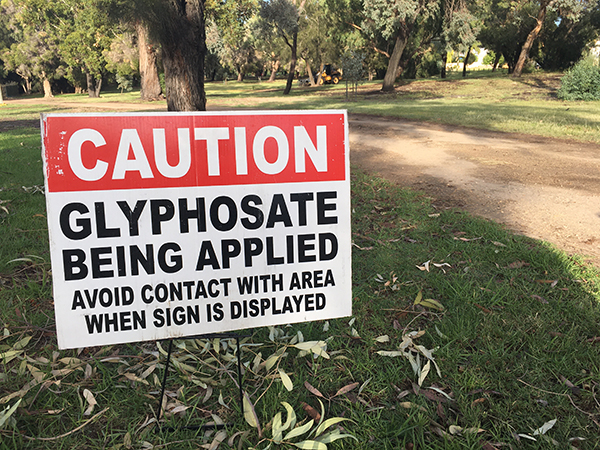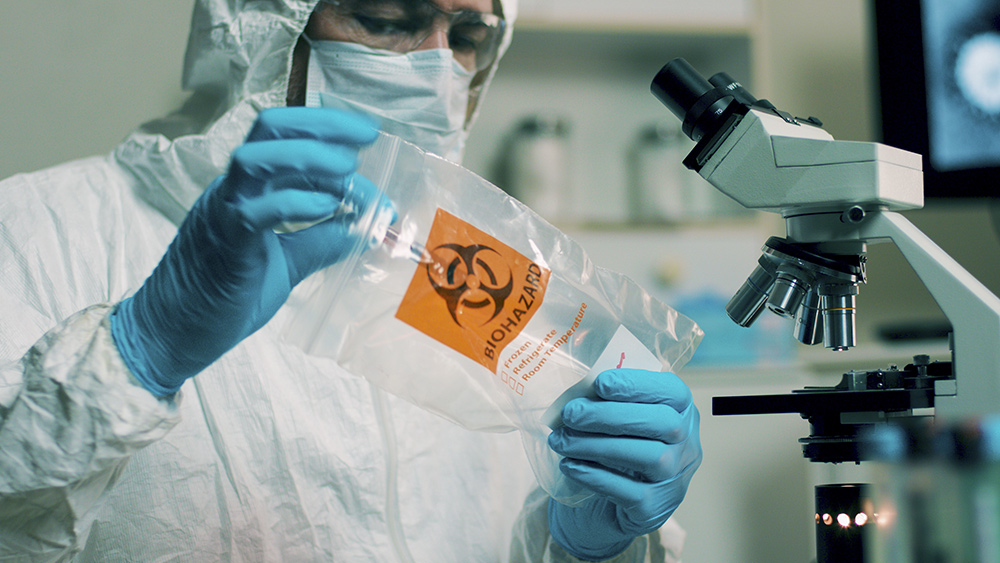
A criminology professor at Florida State University (FSU) has disappeared from his $190,000-a-year job after he was accused of fudging data on at least six studies he published throughout his 16-year tenure.
Eric Stewart has been absent from the college ever since six of his studies were retracted for containing fraudulent data. An investigation into his work revealed many anomalies that apparently spooked him from ever showing up again at his job.
Justin Pickett, another criminology professor at the University of Albany, was the first to lodge a complaint against Stewart over the matter. Back in 2011, Pickett co-authored a report on race and crime with Stewart.
In that study, Pickett and Stewart investigated whether or not the public is increasingly demanding longer sentences for black and Hispanic criminals as these "minority" populations have grown throughout the United States.
(Related: During covid, Gov. Gina Raimondo of Rhode Island signed an executive order to change the name of her state to something less "racist.")
SFU launched a three-person investigative committee with two members who had previously co-authored studies with Stewart
In a nutshell, the data that Pickett and Stewart uncovered showed no relationship between the growth of "minority" groups and the severity of the sentences handed to them when they commit crimes. And yet, in the final hour before publishing, Stewart "altered" the data to make it seem like there was a correlation.
According to Pickett, Stewart changed the sample size from 500 to 1,184 at the last minute. He also allegedly cherry-picked data from just 91 of the countries looked at instead of the full list of 326.
Human knowledge is under attack! Governments and powerful corporations are using censorship to wipe out humanity's knowledge base about nutrition, herbs, self-reliance, natural immunity, food production, preparedness and much more. We are preserving human knowledge using AI technology while building the infrastructure of human freedom. Speak freely without censorship at the new decentralized, blockchain-power Brighteon.io. Explore our free, downloadable generative AI tools at Brighteon.AI. Support our efforts to build the infrastructure of human freedom by shopping at HealthRangerStore.com, featuring lab-tested, certified organic, non-GMO foods and nutritional solutions.
"The data were also altered – intentionally or unintentionally – in other ways, and those alterations produced the article's main findings," Pickett wrote in his request to have the study retracted.
Pickett says he was ignored by SFU for months until four additional complaints about the study arose. Then, and only then, did the school decide to launch a committee to look into the matter – or so it appeared.
It turns out that two of the individuals on the three-person committee co-authored other studies with Stewart in the past, this being a serious conflict of interest. Consequently, that committee ultimately determined that there was not enough evidence of fraud to indict Stewart for it.
In response to the committee's launch, Stewart accused Pickett of having "lynched" him and his "academic career." In other words, Stewart, who is black, pulled the race card on Pickett, who is white, in order to deflect from his own alleged malfeasances.
In June 2020, another fresh allegation was brought up against Stewart regarding a sixth retracted study. And still, Stewart is nowhere to be found and has not since shown up for work at FSU.
"There's a huge monetary incentive to falsify data and there's no accountability," Pickett told The Florida Standard about the untrustworthiness of academic research. "If you do this, the probability you'll get caught is so, so low."
According to Pickett, citing data on the subject, one in 50 scientists has admitted to faking data at some point throughout their career. Oftentimes, co-authors of corrupted studies are friends of the fraudulent author who agree not to report their colleagues' fraud.
Even when fraud is reported, such as in this case, the university in question is unlikely to even respond, let alone launch a real investigation. The recent Duke University fraud scandal is a prominent example of this, with the school having spent $100 million as part of the coverup.
"There's too much incentive to fake data and too little oversight," he added.
More related news can be found at Wokies.news.
Sources for this article include:
Please contact us for more information.



















